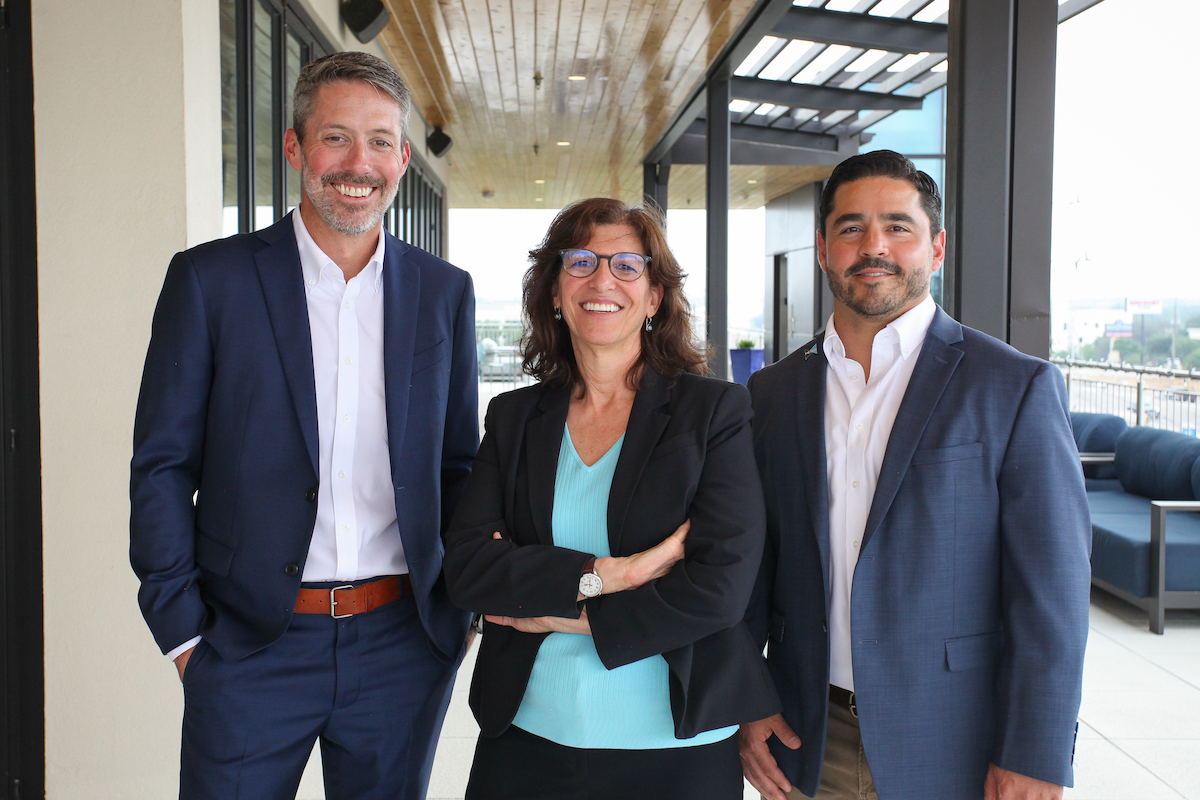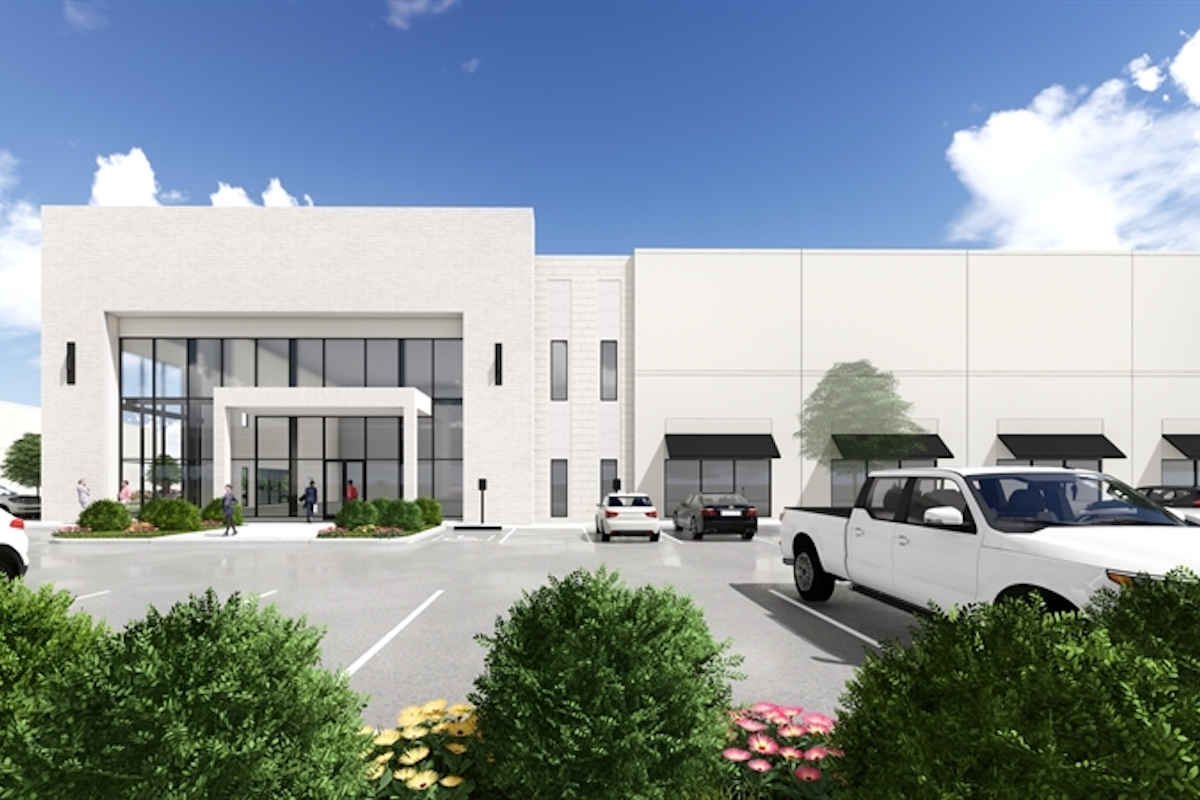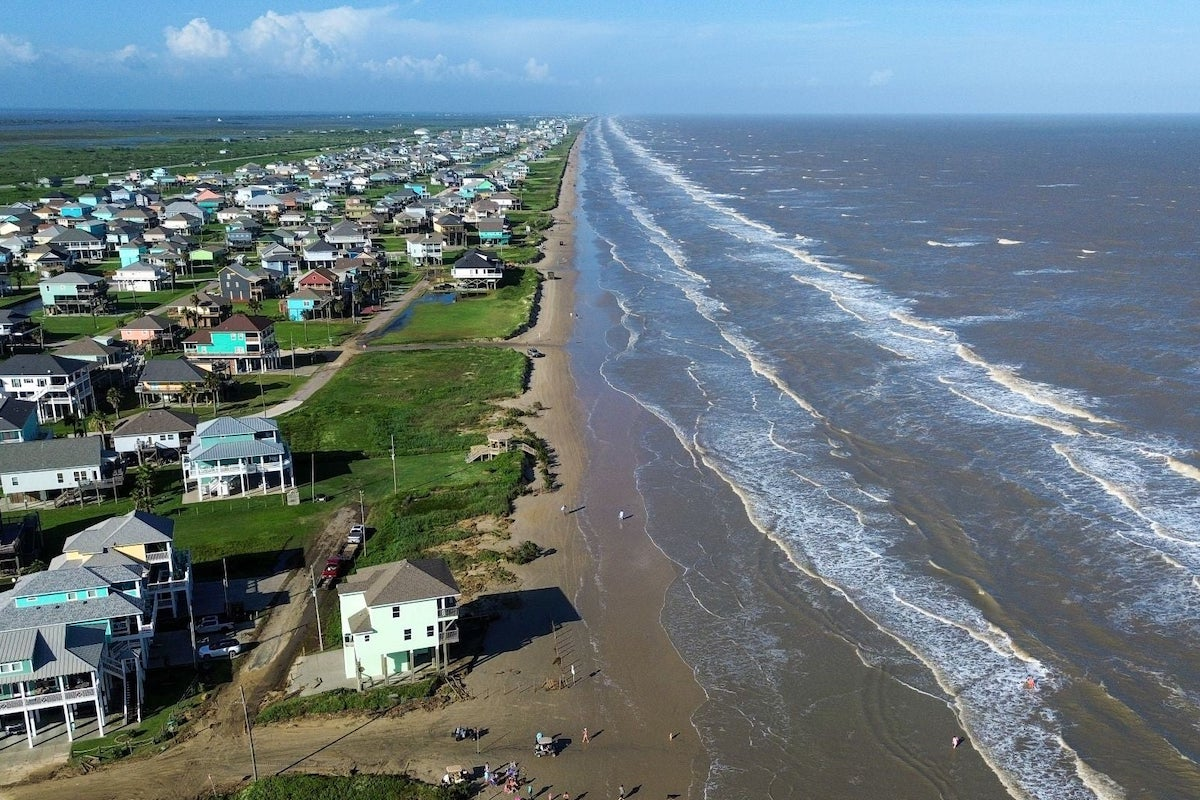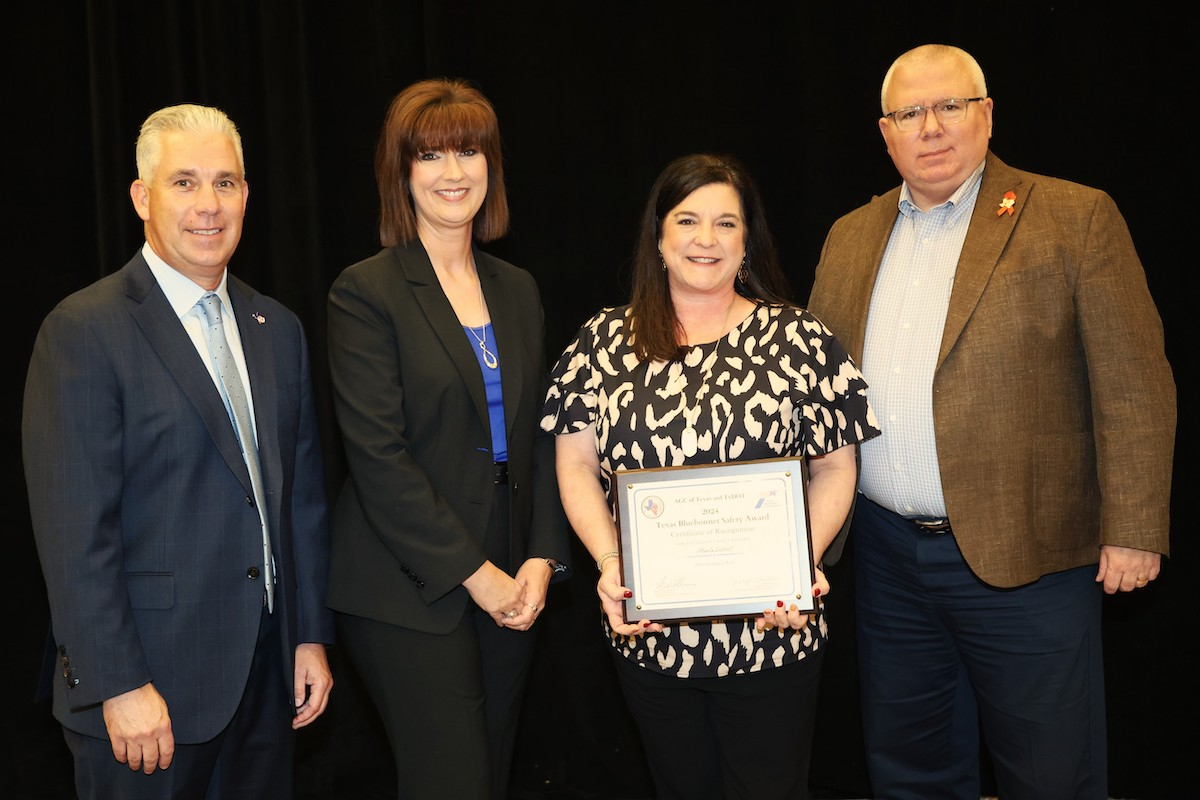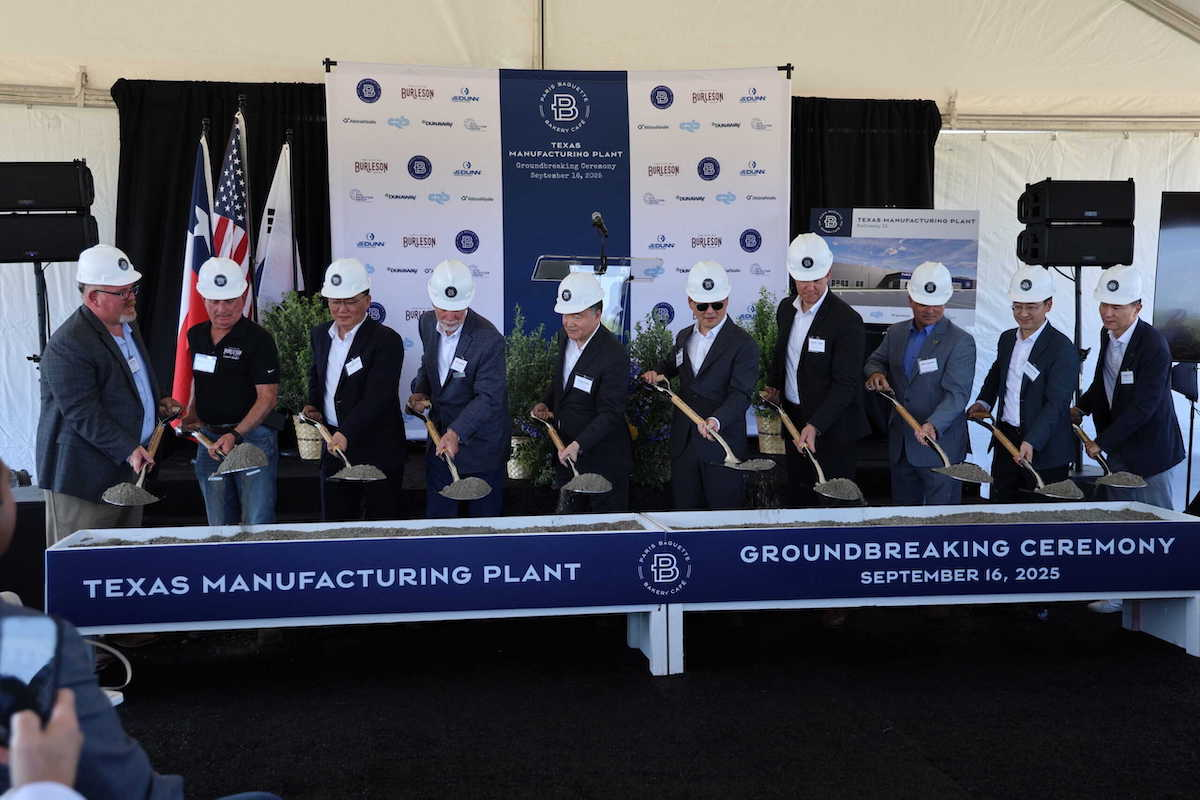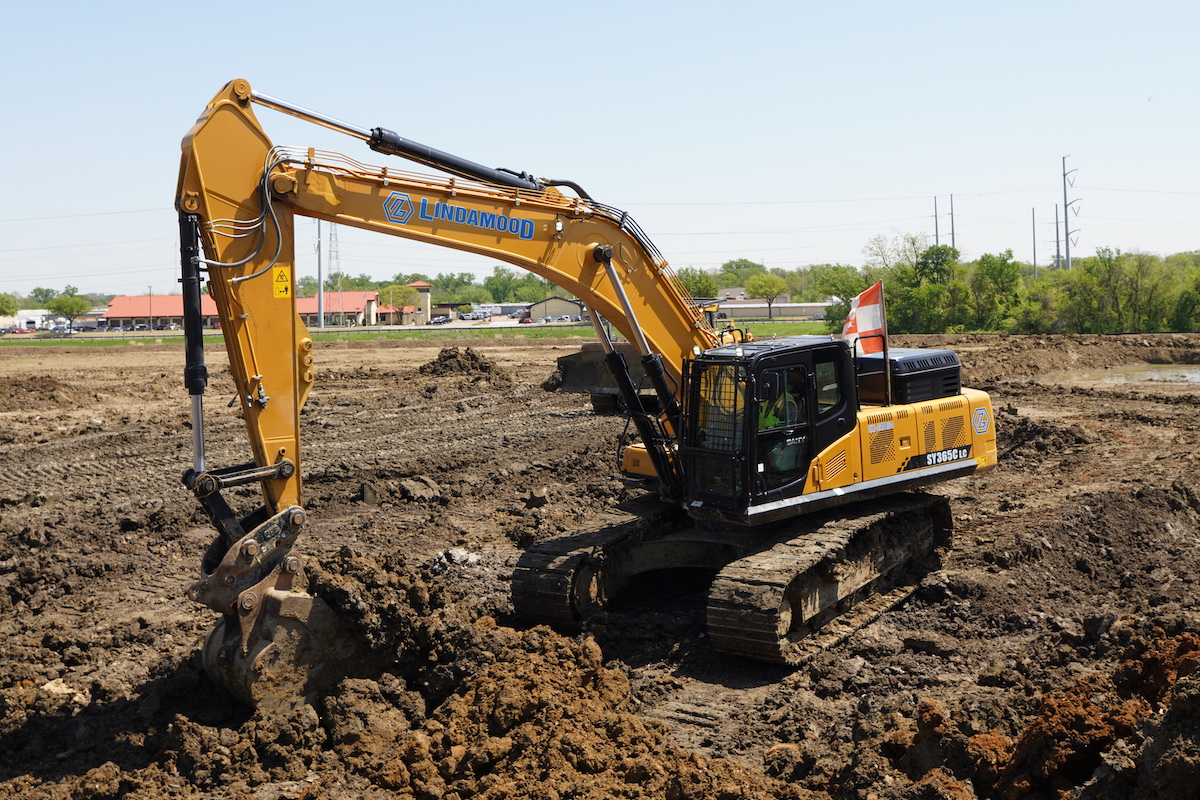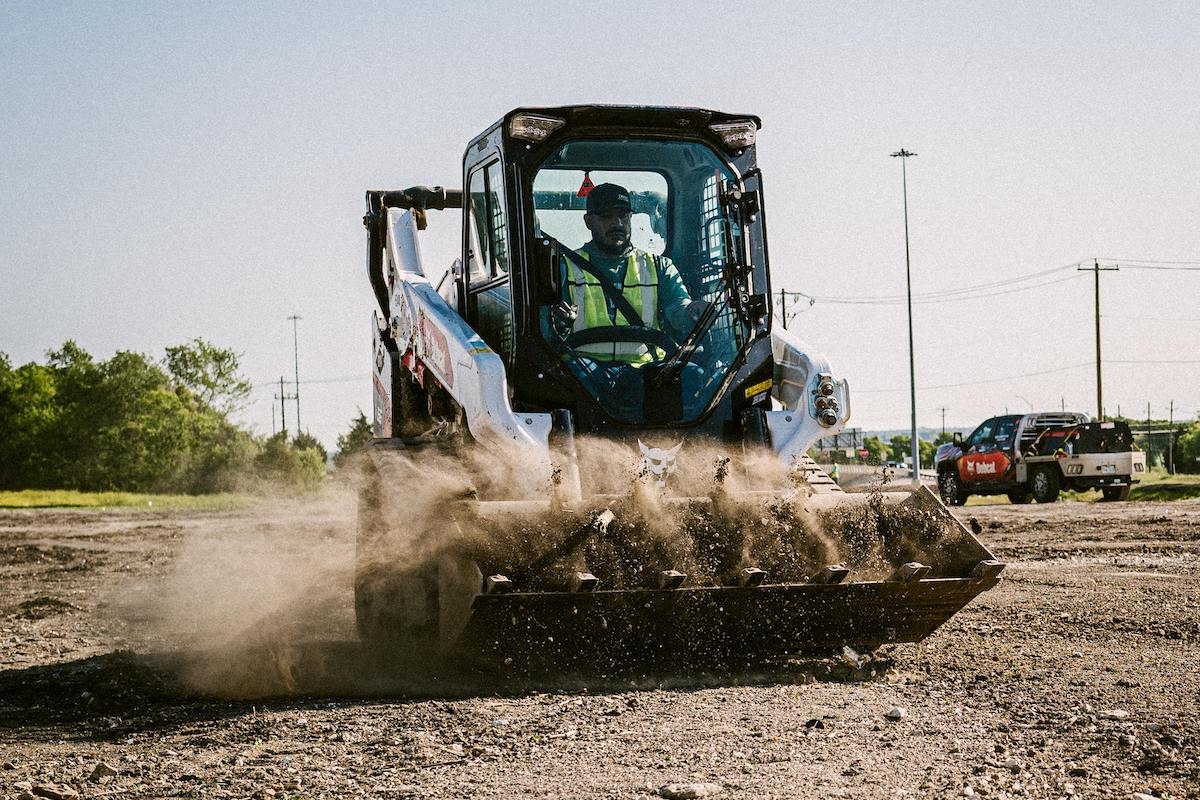Lake Travis is a tourist destination in northern Travis County. Austin is in the center of the county. Because of it and other geographical factors, RM (Ranch to Market) 620 is the only major north/south corridor in northern Travis County. RM 2222 and RM 620 have historically been a choke point for commuters traveling between Lakeway, by Lake Travis, and Cedar Park, in the northern section of northern Travis County, as well as for commuters traveling to downtown Austin or the local schools in the Four Points area of Austin via RM 2222.
With the growth in the area, the intersection is expected to see more traffic resulting in increased travel times, particularly during peak traffic hours.
“RM 2222 needed to be widened to add an additional lane in each direction to accommodate the free flowing traffic coming off the bypass, as well as the dual left turn lanes from RM 2222 to the bypass,” says Tyler Brudnick, a TxDOT Project Manager involved with the project.
Similarly, the RM 620 project includes adding an outside northbound merge lane. It’s needed, according to Brudnick, to accommodate a new free flowing auxiliary lane to get traffic onto the bypass as efficiently and safely as possible.

| Your local Astec dealer |
|---|
| Closner Equipment Co Inc |
The key element of both projects is the new bypass road that will link RM 620 to RM 2222. Turn lanes, medians, and shoulders will also be built on RM 2222 between the new bypass road and RM 620.
Other elements of the project are the addition of continuous sidewalks and dedicated bike lanes from RM 620 to a middle school and high school near the project. The team is also installing a raised median along RM 2222 to limit conflict points and address a history of crashes where vehicles had been hit while using the existing continuous left turn lane.
Lastly, TxDOT has partnered closely with the City of Austin to upgrade the existing municipal water and wastewater utilities.
Another challenge the team faced occurred in 2020 due to the pandemic. Throughout the pandemic, traffic was constantly changing with schools and businesses closing and re-opening, as were safety protocols for TxDOT, the City of Austin, and the contractor – Capital Excavation.
Generally, the traffic was lighter which allowed the project team to extend lane closures outside of the normally allowed timeframes. Capital Excavation was able to use additional resources and work longer hours while remaining dynamic to changing traffic conditions during business reopening to maximize progress and minimize traffic disruption. The extended work hours also helped Capital Excavation construct over a half a mile of a box culvert storm sewer trunkline underneath RM 2222 in just over a month.

| Your local Astec dealer |
|---|
| Closner Equipment Co Inc |
Due to the limited workspace and the presence of live utilities, the contractor had to get creative to install large diameter water lines underground. In numerous instances, live utilities in conflict with construction were braced or held in place to allow construction to continue. Temporary special shoring was added during the installation of a junction box that was approximately 20 feet below existing ground. Due to the presence of solid rock, drill shafts were used to place steel beams varying in length from 20 to 60 feet. Concrete panels were cast and placed behind the beams to hold the soil behind the cut in place while workers built the outfall structure. The drill shafts were backfilled with pea gravel to allow for removal of the beams once the shoring was no longer needed.
Construction in the area also involves an environmental challenge as it is a known karst area and potential underground habitat for endangered species. Because of this, during the construction of underground items such as storm sewer, waterline, and wastewater utilities, the team had to closely monitor the excavation to look for any subsurface openings leading to potential caves.
“Prior to any new contractor or employee working on the project they underwent mandatory training to show what to look for and what to do if a potential void or cave was encountered,” Brudnick says. “When crews discovered a karst feature on the project, they followed protocol to temporarily protect the feature until a biologist or geologist could come out to examine the feature and work with our team to create a mitigation plan to allow the planned construction to continue.”
TxDOT is committed to opening portions of the new construction as soon as available to help benefit the traveling public faster. This often has required revising the original construction phasing schedule and pushing construction activities that are not as impactful to a later phase.
Brudnick notes that Capital Excavation has been a good partner in this respect. In addition, “Their experience working with the City of Austin on previous water and wastewater projects helped immensely as they were able to identify issues in the field and provide solutions to the city to expedite the field change process for a faster turnaround.” They also have strong working relationships with TxDOT area engineers, including the office overseeing this project.

| Your local Bomag Americas dealer |
|---|
| WPI |
“We were able to take advantage of the trust bond already formed between Capital Excavation and TxDOT to work together to quickly resolve plan design issues through quick field changes using minimal resources,” Brudnick says.
The construction budget for the two projects was $40 million. The final tally is expected to be slightly over budget. The reason for going over budget, according to Brudnick, is the extensive utility relocation and the subsequent design and construction phasing changes.
When the two projects are complete, drivers on RM 620 and RM 2222 will see reduced local congestion as well as quicker travel times when traveling through the corridor. Safety will be improved as well due to the raised-center median, added curb and gutter, and the smoother roadway alignment. Pedestrians and bicyclists will enjoy the sidewalks and wider shoulders. The area will be improved for all including those who have recently chosen to call it home.


















